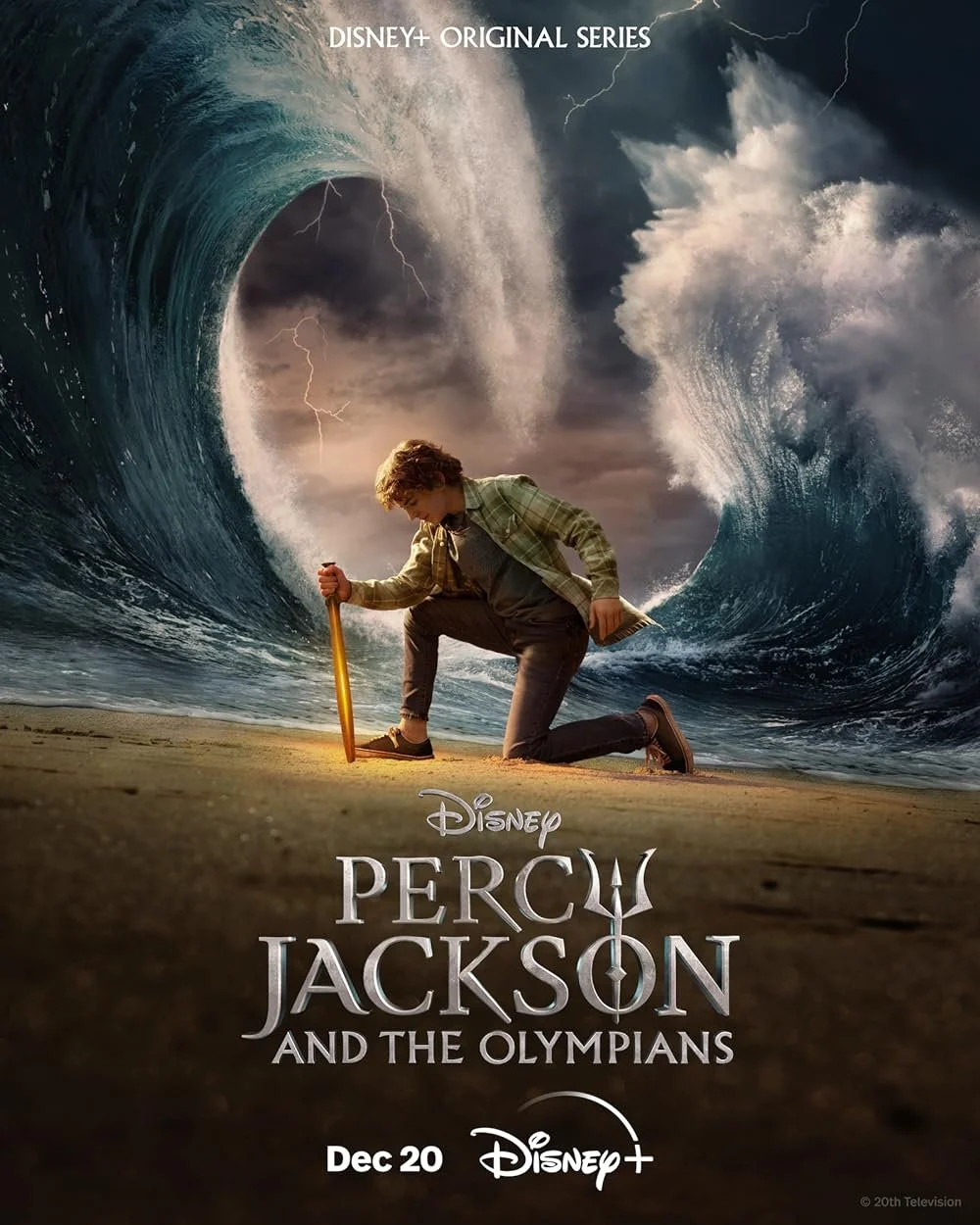Percy Jackson and The Key To A Great Adaptation
In the first episode of Disney+'s new television show Percy Jackson and The Olympians, Sally Jackson imparts to our titular hero, “Not everyone who looks like a hero is a hero, and not everyone who looks like a monster is a monster.” I had already been anticipating this adaptation for months, but that was the moment I knew I was going to love it. Neither the scene where Sally takes Percy to see his namesake’s statue at The Met nor that thematically on-point quote are in books, but (and I will fight Rick Riordan on this) both feel like they should have been. And that’s exactly what a good adaptation should do.
I’m a firm believer that the best adaptations deepen and enrich our enjoyment of the original story through additive material. Yes, they should respect the source material, but go forth and be bold in the sandbox because otherwise, why are we here?? Percy Jackson has that thoughtful boldness throughout, from giving Grover a more personal stake in his quest to find Pan to the changes in how Medusa’s agency is depicted and, of course, every Sally Jackson flashback (STILL not over that Poseidon scene!).
The themes alluded to in The Met flashback (appearance vs reality, identity, and interrogating prescribed narratives) are prevalent throughout the Percy Jackson & The Olympians book series and are a huge part of what makes the story resonate with readers. The ambiguity of the characters finding out what actually drives their actions is what keeps you engaged – you want to keep reading to learn more about these layered individuals and the world they inhabit.
Personally, I was relieved when the additive changes throughout the show demonstrated a continued willingness to engage with difficult ideas and choices. Over the past few years, I’ve seen a growing trend with audiences demanding moral perfection from their characters and stories. That impulse always confuses me because if everyone in a story is perfect and always makes upright and moral decisions - it’s boring. Moreover, it’s not good storytelling. The most formative stories from my childhood, similar to Percy Jackson, never shied away from engaging with challenging topics or complex characters (Avatar: The Last Airbender, The Hunger Games, etc).
I don’t want to watch a perfect person making perfect decisions. You don’t learn from that; you don’t grow from that. What’s the point of telling that story? It teaches us nothing about the human condition. The reason we tell stories is to better understand ourselves and others. That’s why the Greeks started passing down their myths. That’s why we have tales like Percy Jackson. That’s why truly great stories have stood the test of time.
Compelling fiction embraces the grays and the unknowns and isn’t afraid to dig deeper to find the story behind the narrative. Great adaptations, like Percy Jackson and The Olympians, do that as well. We need more adaptations that are willing to engage with the source material, respect the fans, and take risks. Or, as Sally Jackson would say, we need ones that aren’t afraid to “Hold fast” and “[b]rave the storm.”




